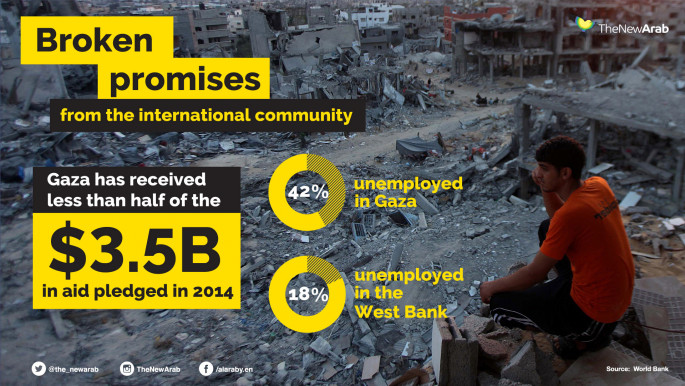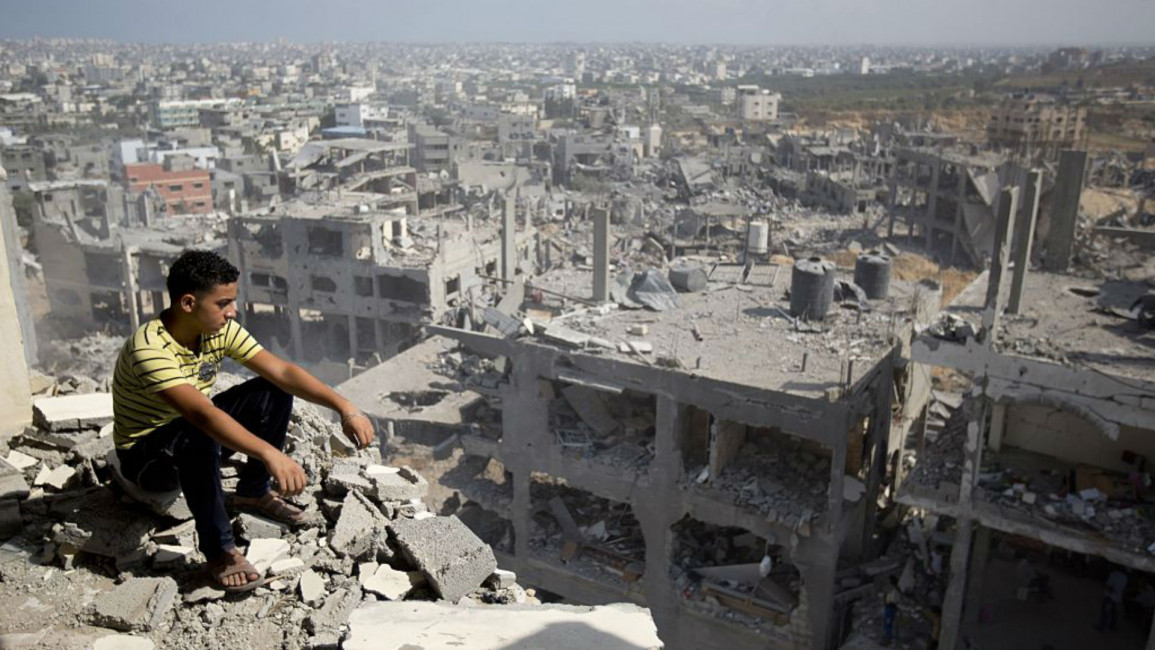Israel has tightened its grip on Gaza: UN
A UN humanitarian official has again exposed the worsening situation in the besieged strip, adding Israel's restrictions on movement and access to goods had stifled progress.
"Without the capacity to develop the local economy, a sustainable solution to the humanitarian needs in Gaza will not be possible," said Stephen O'Brien, UN Under-Secretary-General for Humanitarian Affairs and Emergency Relief Coordinator.
Including the West Bank, almost every Palestinian is affected by the crisis, he told the Security Council.
A decade under siege, exacerbated by rounds of hostilities between Hamas and Israel, internal political divisions and Egypt's near complete closure of the Rafah crossing, has left half of Gaza's households food insecure - twice the average rate across the occupied Palestinian territory.
Seventy percent of the Gaza population has running water for only a few hours every two to four days - most of which is not drinkable - while family homes receive only six to eight hours of power daily.
"This lack of reliable power places lives at risk in medical facilities already struggling with a lack of equipment, medicines and skilled staff, reduces the operation of wastewater facilities, and undermines the key to breaking Gaza's aid dependency - revitalising its economy," O'Brien said.
| In depth: Solving Gaza's power struggles |
Gaza's children have suffered the most - a 10-year-old child today has already survived three wars.
Nearly 230,000 children are in need of psychosocial support and an estimated 250,000 children require mine risk awareness education, due to explosives left behind by war.
 |
We must move towards decisive action that will reduce humanitarian needs, secure respect for international law and bring to Palestinians and Israelis alike the hope and reality of a stable, peaceful and prosperous future. |  |
O'Brien said the acceptance rates for exit permits for Gazans to receive medical treatment has reached a seven-year low. Of the 2,394 applications made in August, only 60 percent were approved.
Gaza's GDP stands at approximately half that of the West Bank, and its unemployment rate is double - at 42 percent.
Calling on Israel to lift its blockade, O'Brien said: "If humanitarian needs in Gaza are to reduce, we need development activity and economic recovery."
He added the past year had been the "most deadly" for Israelis and Palestinians in the West Bank since the end of the second intifada.
The violence has been exacerbated by demolitions of Palestinian homes in the West Bank, including in East Jerusalem. This year, 958 have been torn down, a 75 percent increase on 2015, with most demolished due to lack of construction permits - which are almost never issued to Palestinians requesting them.
So far this year, 1,447 Palestinians have been displaced, including 719 women and 690 children, and another 5,919 livelihoods have been affected by the demolitions.
These demolitions violate international law and must cease immediately, O'Brien added.
"We must move towards decisive action that will reduce humanitarian needs, secure respect for international law and bring to Palestinians and Israelis alike the hope and reality of a stable, peaceful and prosperous future," he said.



